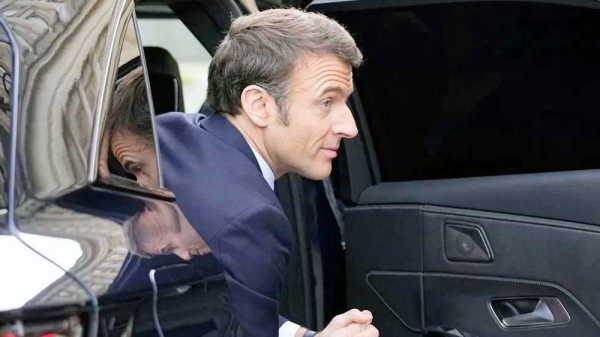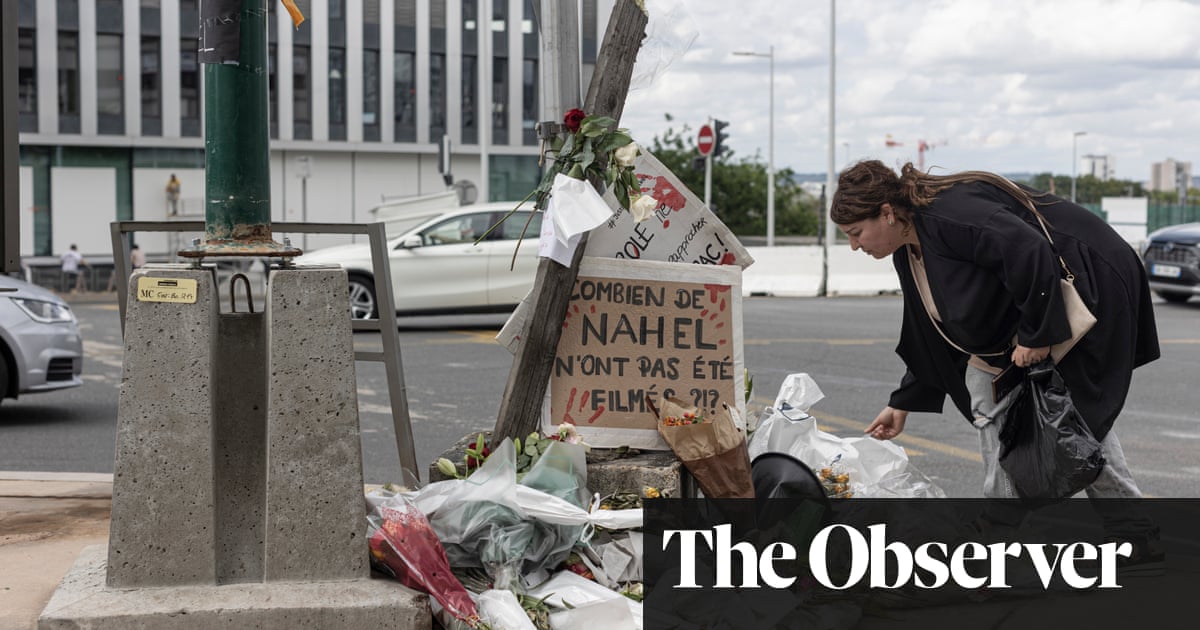
More than six weeks since Italians went to the polls, the country still has no government. However, on Wednesday, after exhausting coalition talks, President Sergio Mattarella gave an exploratory mandate to Senate President Elisabetta Casellati to discuss possible alliances in a bid to create a governing majority in Parliament. She is an exponent of Forza Italia and is very close to its leader Silvio Berlusconi, who is the representative of the coalition of the right (with the League), which scored 37 percent of votes against 32 percent for the Five Star Movement (M5S) and 18 percent for the Democratic Party of Matteo Renzi, who was previously prime minister.
Finding a government majority was not and will not be easy, not only because of the ideological differences between the parties, but above all because of the irruption of foreign policy, and in particular the Syrian crisis, in the negotiations.
Last week, just as a League-M5S-Forza Italia government seemed to be close, the American-led military operation in Syria reshuffled the cards and brought out three different positions within the potential coalition. M5S — which before the elections was very close to Russia and a critic of the US — ensured maximum support for the Americans and NATO, while League leader Matteo Salvini criticized the intervention, and Berlusconi attempted to hold a median position.
On the outside, the Democratic Party, which is usually anti-Donald Trump, took the opportunity to praise the American intervention and offer the M5S the possibility of a coalition under the sign of “responsibility in foreign policy.”
It is clear that the League’s position is not dictated by anti-Americanism but by the fear of being dragged by the French into another “Libya-style” adventure, where the interests of Paris trampled those of Rome and turned that country into a center of destabilization for Italy in terms of immigration and terrorism. But an important debate has also opened up on the issue of the system of international alliances, with many analysts writing that a “populist” government could take Italy out of NATO and toward the Russia-China axis.
It is clear that the League’s position is not dictated by anti-Americanism but by the fear of being dragged by the French into another “Libya-style” adventure, where the interests of Paris trampled those of Rome and turned that country into a center of destabilization for Italy in terms of immigration and terrorism
Max Ferrari
That is naturally impossible, but it is clear that Rome is experiencing a growing unease, the ultimate reason for which is the tense relations between the US and Russia. For Italy, America means military protection and important commercial relations, but relations with Russia are not negligible because it is the largest and, at the moment, most indispensable supplier of energy, particularly gas. Berlusconi, as premier, was a master of balancing between the two powers, a link between George W. Bush and Vladimir Putin and the inspirer of a possible NATO-Russia treaty in 2001.
The return of America’s conservatives and the victory of Trump were seen by the Italian right as a good sign for a new policy of detente with Moscow, but the reality, to date, is very different. As well as the trade sanctions linked to the conflict in Ukraine, there is now the Syrian question that is much more complex and involves the system of alliances that projects well beyond the US-Russia dichotomy.
In that area between Europe and the Middle East, the Russians are allies of the Turks and Iranians, and are bearers of interests strongly in contrast not only with those of America, but also Europeans and particularly the Italians. For example, the tensions between Ankara and Rome in relation to the deposits of natural gas in the waters of Cyprus, not to mention the very tense relations of these countries, especially Iran, with the Arab nations and Israel.
In Europe and in Italy, many hope or are convinced that Russia, in the role of guardian of Syria, will be able to contain Iranian ambitions in that area, but it is clear these analyses — often made by politicians and journalists who know little about the real situation and the geopolitical implications — do not reassure either the Americans or other regional actors. Therefore, the orientation of a bridge country in the Mediterranean such as Italy becomes crucial, taking Rome to the center of attentions and concerns.
Mattarella gave Casellati 48 hours to check whether an M5S-League-Forza Italia alliance is still possible. The first day of exploration failed due to a veto of Berlusconi by M5S, and the second day"s consultations do not seem likely to bring about a resolution. All options are open, including new elections, but one thing is certain: Pending a global peace and the restoration of improved relations with Russia, Italy cannot afford to leave the current system of alliances. Its future without the famous “American umbrella” cannot be imagined.
Max Ferrari is a journalist and politician. He is a former parliamentary journalist, a war correspondent in the former Yugoslavia, Iraq, Afghanistan and Lebanon, and director of a TV channel. He is an expert in geopolitics and energy policy. Twitter: @MaxFerrari












